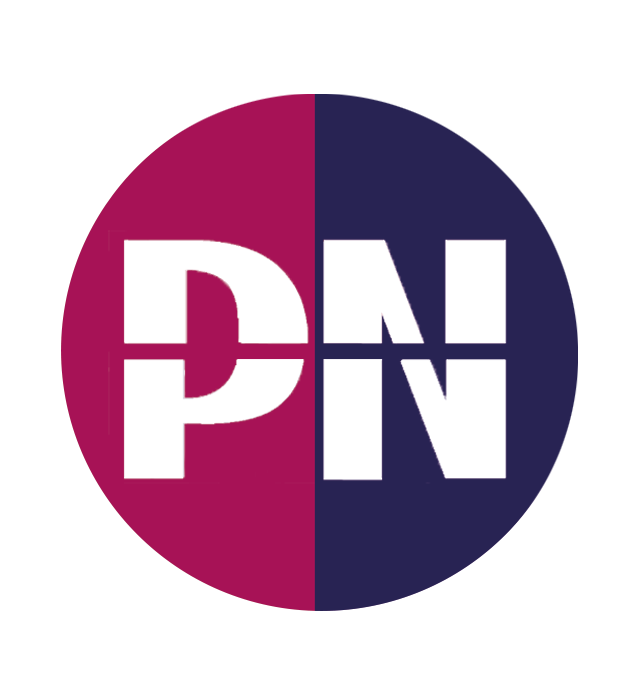Like many language service providers (LSPs), we offer certified translation as part of our formal translation services.
As a provider of legally recognised translation since 1991, we can help you meet the need for a Certified or a Notarised translation.
If you are confronted with the need to have a formally recognised translation of any of these documents, you’ll find this explainer of interest:
- Birth, marriage, and death certificates
- Academic transcripts and diplomas
- Legal documents such as contracts and court papers
- Immigration and visa documents
- Medical records and reports
Qualified Translators
Certified translations in the UK must be performed by qualified translators who are members of recognised professional bodies such as the Institute of Translation and Interpreting (ITI) or the Chartered Institute of Linguists . Membership in these organisations requires meeting stringent admission criteria, ensuring the translator’s competence and adherence to high professional standards.

A Certification Statement
A certified translation must include a statement from the translator or translation company confirming that the translation is a true and accurate representation of the original document. This statement typically includes the translator’s name, signature, contact details, and the translation date.
Compliance Standards
Certified translations should comply with relevant standards such as ISO 17100, which specifies requirements for translation services, ensuring quality and consistency across translations

Official Stamp or Seal
An official stamp or seal from the translator or translation company is often required to validate the certified translation. This stamp ensures the document’s authenticity and that it has not been tampered with.

Notarisation
In some cases, especially for legal and formal purposes, a translation may need to be notarised. This involves a notary public verifying the identity and qualifications of the translator. Notarisation is typically required for legal documents and can be an additional step to ensure the document’s acceptance by certain institutions
Apostille for Legalisation
An apostille may be required for documents intended for use abroad, especially in countries that are signatories to the Hague Convention. This is a form of legalisation that verifies the authenticity of the signature on the document, often used in conjunction with notarisation.
Conclusion
Understanding the requirements for certified translations in the UK is essential for ensuring that documents are accepted by official bodies. By adhering to these standards and utilising the services of qualified translators, individuals and businesses can ensure the accuracy and legality of their translated documents.
Get in touch here if you require a certified translation.






